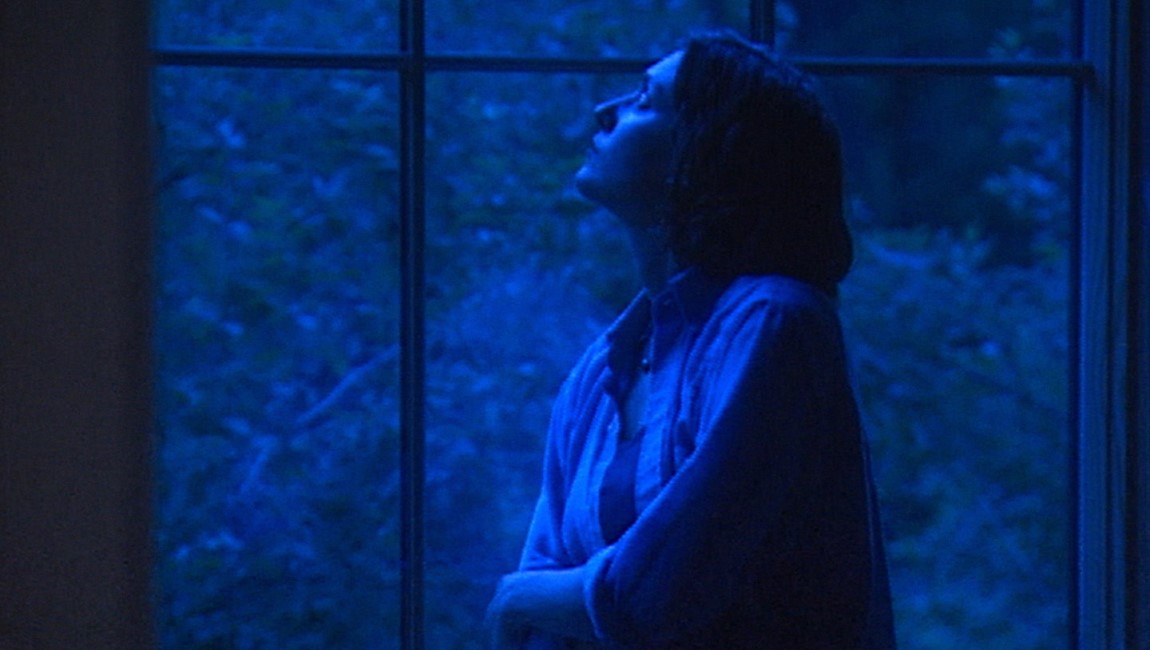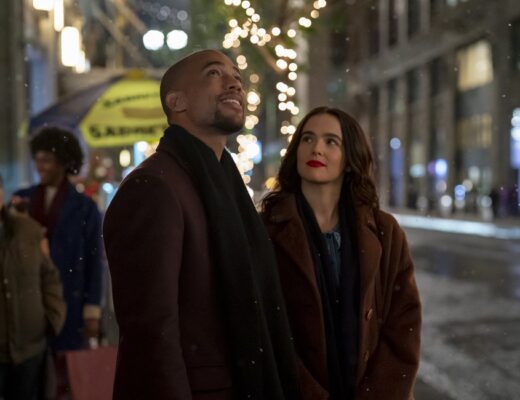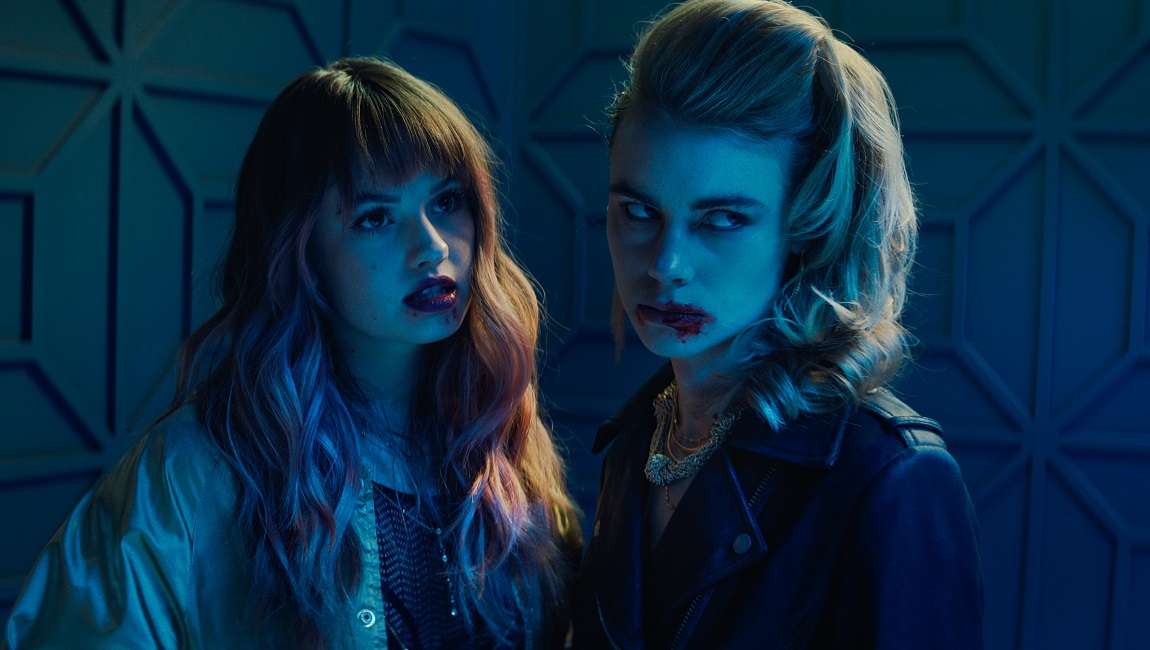Dos Estaciones is packed with precise images and lensed with beautiful attention to color and mise en scène, but it fails to satisfactorily develop its ideas.
A tonal sensibility that has been increasingly co-opted, particularly over the last decade of film festival titles, is that of the Slow Cinema, and viewers will understand that is meant by invoking that term. However, this co-option is not one of congruence with the familiar faculties of this style’s make-up. These new films have siphoned the Brechtian distance of the Slow without the patience. Every particle of these films is knowing semiotical suggestion, whether explicitly pointing toward the internal machinations of characterization or external pronouncements of thematic intention. It’s now less about the utility of time (as seen in the Slow or Durational cinema, proper), but more about the signification of it. Without question, however, it should be noted that these films can, occasionally, be provocative in their idiosyncratic experimentation with such codes, spasmodically instigating genuine profundity in their explorations. But this transparent reformation of the popular aesthetics now-famous filmmakers were once (and still are) known for continues to spread and win awards within our ever-homogenizing aesthetic spheres. It seems there is a telegraphed expectation for how these filmmakers will build their works, as though each festival screening comes with a pamphlet of LEGO instructions, enabling the anticipation of what image we know will follow the last. Juan Pablo González’s Dos Estaciones is a rather unfortunate victim of these modalities.
The film accompanies Maria Garcia (Teresa Sánchez in a infallible performance), the middle-aged owner of a Tequila Factory in the highlands of Jalisco, as she struggles to keep the company afloat in the midst of the entanglement that is the escalating foreign buyout within the sector. The film primarily encircles the complexes between what is interpersonal and what is labour, those closest with Maria also being employees. It’s articulation of these relationships, though, exist and are crystallized through compositional tactics. Persistently is Maria, herself, blocked through the familiar tenacity of the “frame with a frame,” and, whenever she shares screen space with another, compositions become about the bifurcation of two-dimensional space, whether through the capacity to pull focus from a right frame screen-position in the background to a left-frame screen-position in the foreground, or quite simply through splitting the frame with the environs at production’s disposal. This kind of personal isolationism, ultimately supported narratively by the degeneration of the factory, becomes rather stale very quickly. All the anticipated punctures of this formal consistency are played out, two of the more integral moments being blatant arthouse tropes: characters dancing together and the single, prolonged close-up during Maria’s emotional climax. While all of these very precise images are lensed with beautiful attention to color and mise en scène, that their conceits are played out so frequently — the film never developing its enunciation of these ideas nor the ideas themselves — leaves the work hardened and removed from affect come its coda, which remains charitably expressed only via Sánchez’s august sobriety.
Originally published as part of New Directors/New Films 2022 — Dispatch 2.







